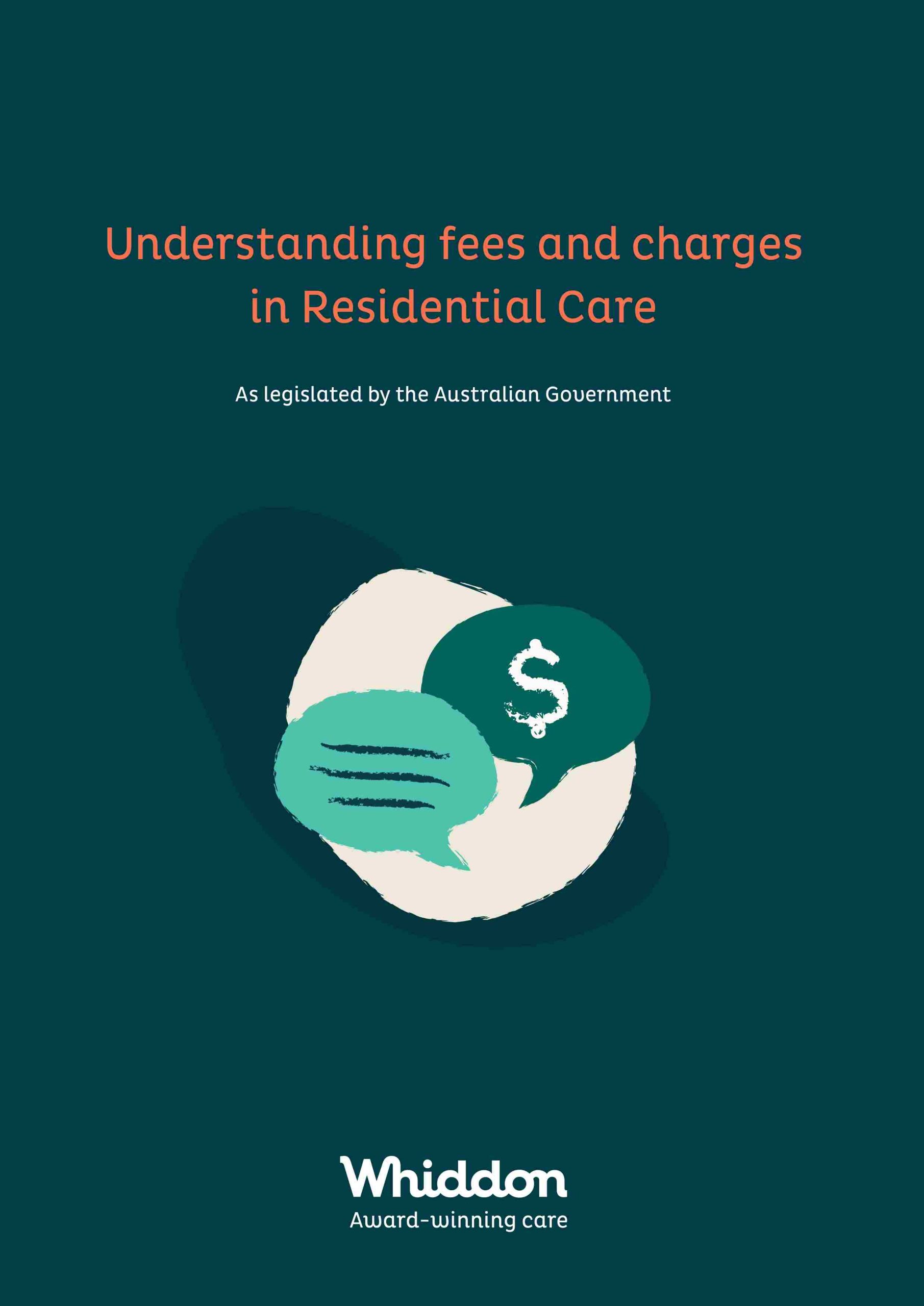
What Do the Australian Aged Care Classifications Mean?
Making decisions about aged care for a loved one can come with a lot of questions, especially when faced with terms that may be unfamiliar. Something we’re often asked is ‘what are aged care classifications?’
At Whiddon, we know how important it is to understand as much as possible during this journey into care, so we’ve created this guide to break down what aged care classifications are, how they work in residential aged care and how they help ensure your loved one receives the right care at the right time.
What Are Aged Care Classifications?
Aged care classifications form part of the AN-ACC (Australian National Aged Care Classification) system, which has been in place since October 2022. This system categorises residents according to their clinical and personal support needs and determines funding for their care.
The AN-ACC model aims to provide equitable, needs-based funding so providers can deliver tailored care, from nursing support to personal and daily living assistance.
How the AN-ACC Affects Residential Aged Care
Under AN-ACC, each person receives a classification that affects:
- Personal care (dressing, bathing, mobility)
- Nursing and clinical support (medication, wound care)
- Emotional and social care (lifestyle programs, community connection)
- Daily living support (meals, cleaning, laundry)
The classification helps aged care providers shape staffing, care planning and resource allocation, ensuring each resident’s care matches their individual needs.
Assessment and Review: How Classifications Are Determined
Since 9 December 2024, aged care assessments are handled through the Single Assessment System, replacing ACAT, RAS and independent AN-ACC teams.
This new system uses a single coordinated team to determine eligibility for services such as home care, respite, residential entry and AN-ACC classifications. This ensures consistency, reduces duplication and means you and your loved ones only need to share your story once.
An Integrated Assessment Tool guides eligibility assessments for care, and the AN-ACC Assessment Tool is used once someone enters residential aged care to determine their classification.
How Whiddon Supports All Levels of Care
Whiddon understands that aged care is never one-size-fits-all, and we treat it as the opposite. It’s personalised to every individual resident and client within our community. Behind every aged care classification is a person with their own story, needs and way of life, and it’s our role to honour that.
Whether your loved one needs a little extra help with daily routines or more complex clinical support, our team is here to provide this care every step of the way. We take the time to get to know each resident, building genuine relationships and shaping care that feels personal, not clinical.
Our approach includes:
- Relationship-based care planning that places your loved one’s preferences, routines and wellbeing at the centre
- Support from experienced nurses and care staff who provide the right level of clinical and personal care
- Engaging lifestyle and social programs to help residents stay active, connected and fulfilled
- Open, ongoing communication with families so you always feel informed and supported
We believe aged care is not just about meeting clinical needs. It’s about creating a place where people feel safe, valued and truly at home.
Looking Ahead: Classifications and Aged Care Reforms
In 2025 and beyond, the aged care sector will continue to undergo reforms aimed at improving care standards and transparency. Notably, changes to care minutes and registered nurse funding under AN-ACC are expected in October 2025, with funding linked to minimum direct care levels.
Additionally, the Single Assessment System will expand culturally safe pathways through First Nations assessment organisations from July 2025.
Whiddon is actively adapting to these changes, and we remain committed to delivering compassionate, relationship-based care in line with the latest standards.
If you need further assistance, don’t hesitate to get in touch with our friendly team to learn more about how we tailor residential care services.

Want to Learn More About Residential Care Fees and Charges?
Understanding the costs of residential aged care can feel overwhelming, but it doesn’t have to be. Download our helpful brochure to see a clear breakdown of fees, charges and what they mean for you and your loved one.




